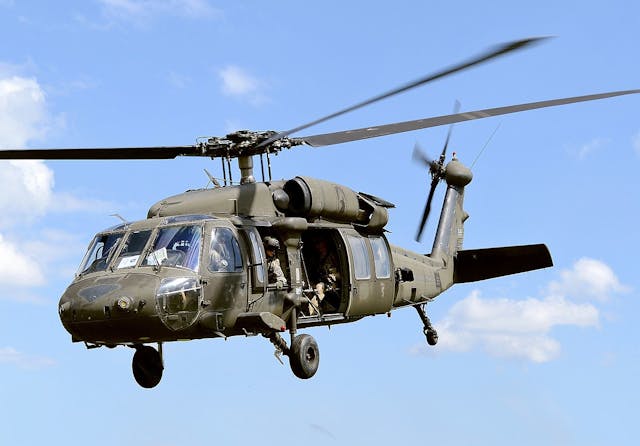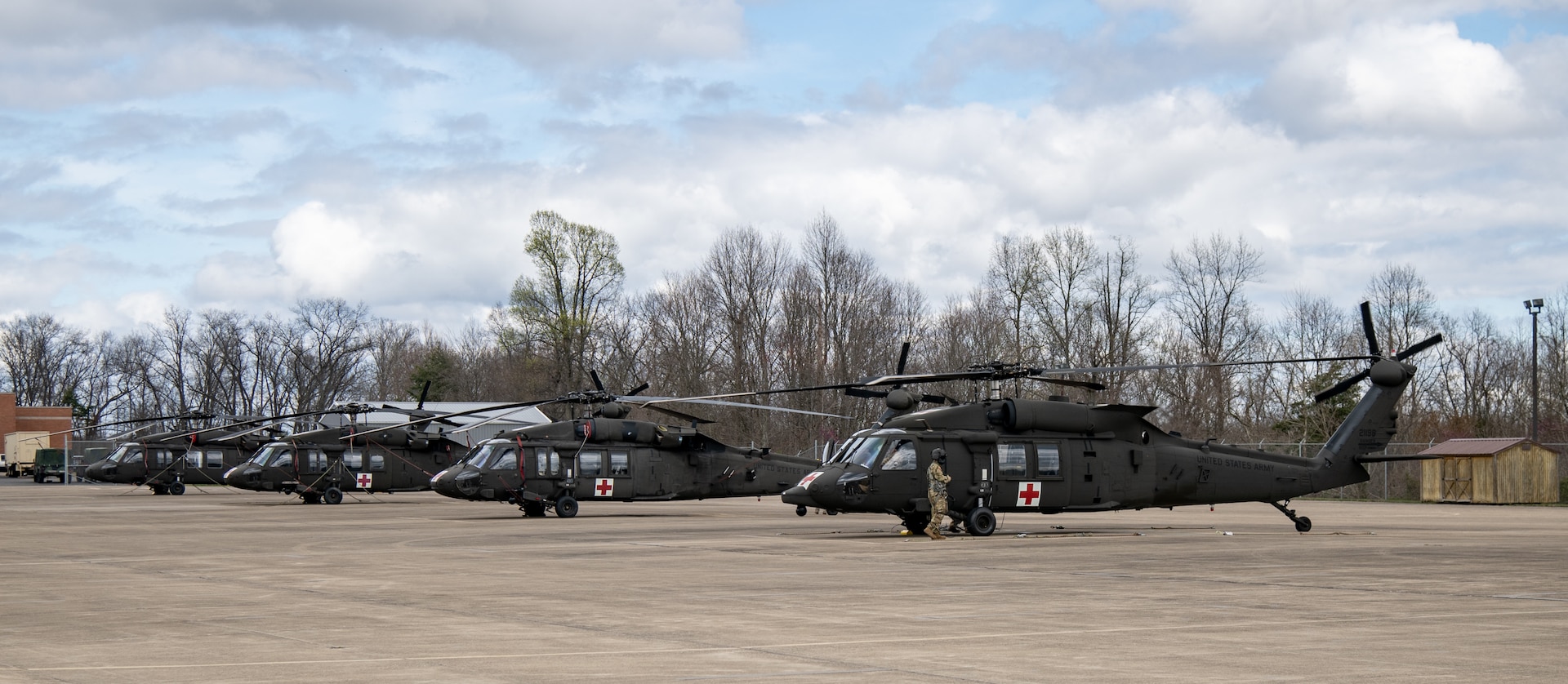History and Development of the UH 60 Black Hawk Helicopter
History and Development of the UH 60 Black Hawk Helicopter
Blog Article
The Role of Aircraft fit Worldwide Transportation and Profession Characteristics
With the facility of durable air cargo networks, companies can now browse international markets with remarkable rate and dexterity, consequently redefining supply chain techniques. As we discover the multifaceted effects of airplane on international profession, it is essential to consider exactly how these variables will shape the future landscape of air travel and its role in the economic climate.

Evolution of Air Transport
The development of air transport has actually been marked by considerable technological innovations and advancements that have changed the way individuals and products cross the world. From the Wright siblings' first powered trip in 1903 to the development of supersonic jets, each landmark has underscored the ruthless search of effectiveness and rate in flight. Early airplane were mainly rudimentary, restricted by engine power and structural honesty. The introduction of sophisticated products and aerodynamics in the mid-20th century led to considerable renovations in airplane dependability, security, and efficiency.
The last part of the 20th century witnessed the emergence of business aviation as a viable mode of transport, characterized by the intro of jet engines, which revolutionized air traveling by substantially lowering flight times. In addition, developments in navigating and communication technologies have actually boosted functional effectiveness and security, enabling for more complicated flight courses and schedules. The increase of air cargo in parallel with guest services has better emphasized the adaptability of air travel. As we seek to the future, emerging technologies such as self-governing and electric aircraft assurance to redefine the air transport landscape, making sure continued advancement and adjustment to global needs.
Impact on Global Profession
Air transportation has actually profoundly improved global profession by helping with the swift movement of items across huge distances. This expedited logistics capacity allows services to respond quickly to market needs, consequently enhancing supply chain effectiveness. The capability to transport disposable products, high-value items, and time-sensitive products has actually opened up new markets and possibilities for various sectors, significantly influencing profession patterns.
Moreover, the advancement of air cargo networks has actually cultivated globalization, allowing firms to resource materials and products from different components of the world seamlessly. This interconnectedness minimizes preparations and costs, enabling services to remain competitive in an increasingly global market. Furthermore, air transportation plays a crucial function in ecommerce, where consumer assumptions for fast delivery have driven a surge popular for air cargo services.
The impact of aircraft on worldwide profession reaches the creation of tactical trade paths, connecting areas and promoting international partnerships. Countries that buy air transport facilities commonly experience enhanced financial development and boosted foreign straight financial investment. Overall, the development of air transportation has not just transformed the logistics landscape however has likewise come to be an essential part in the characteristics of international profession.

Financial Benefits of Aviation
A robust aeronautics field creates considerable economic advantages, adding to task creation, tourism, and total economic growth - uh 60. The aeronautics market supports numerous tasks worldwide, ranging from direct work in airline companies and airport terminals to indirect duties in fields such as hospitality, transportation, and logistics. According to sector reports, for every work in the air travel sector, about 3.5 extra work are produced in the broader economic situation
Tourism is a pivotal aspect of the economic benefits acquired from aviation. Air travel helps with international tourist, allowing vacationers to explore varied destinations, which consequently promotes neighborhood economic situations. Countries that invest in their air travel infrastructure commonly experience enhanced vacationer arrivals, resulting in higher spending on solutions such as restaurants, hotels, and tourist attractions.

Moreover, air travel improves global connectivity, making it possible for companies to access brand-new markets and resources successfully. This connection promotes worldwide profession, permitting for the quick activity of products, which is essential in today's globalized economic situation. As an outcome, industries such as e-commerce and production advantage tremendously from reputable air transportation, more driving financial expansion. In general, the air travel market continues to be a keystone of financial vigor, underscoring its essential function fit modern-day economic climates.
Obstacles Encountering the Air Travel Market
Navigating a complex landscape of governing, environmental, and financial obstacles, the aeronautics market deals with significant hurdles that intimidate its sustainability and development. Laws bordering security and security are consistently advancing, necessitating ongoing compliance and adaptation from airlines and producers (uh 60). This can result in increased functional expenses and resource allowance that detracts from technology and growth efforts
In addition, ecological issues have actually ended up being critical, with expanding examination over carbon exhausts and environmental pollution. The sector is under pressure to adopt greener modern technologies and methods, which frequently need substantial financial investment in r & d. Balancing these ecological responsibilities with the need for flight presents a considerable challenge.
Financial fluctuations, such as climbing fuel costs and geopolitical uncertainties, additionally complicate the landscape. Airline companies often face unstable operating prices and rising and fall passenger need, which can influence success and lasting planning. Labor lacks and ability gaps in vital locations add one more layer of intricacy, hindering functional performance.
Inevitably, resolving these multifaceted challenges is necessary for the aeronautics sector to maintain its crucial role in worldwide transport and profession, while ensuring durability and versatility in a significantly competitive market.
Future Trends in Air Traveling
Shifting and emerging modern technologies customer preferences are poised to reshape the future of flight substantially. The assimilation of artificial intelligence and artificial intelligence is expected to enhance operational efficiency, streamline airport terminal processes, and improve client service. Predictive analytics will facilitate more accurate demand projecting, enabling airline companies to optimize trip routines read more and prices designs.
Sustainability is coming to be a crucial motorist in air traveling, with the aeronautics market increasingly focused on reducing carbon emissions. Advancements in aircraft design, such as hybrid and electrical propulsion systems, are being discovered to meet environmental targets. The adoption of sustainable aeronautics gas (SAFs) is expected to play a vital role in achieving net-zero exhausts by 2050.
Customer preferences are shifting in the direction of customized travel experiences. Airline companies are purchasing advanced information analytics to customize solutions and enhance consumer interaction, ensuring an extra personalized journey from booking to arrival. In addition, the increase of remote work may bring about boosted demand for recreation travel, as individuals look for to more tips here combine job and getaway.
Conclusion
In verdict, airplane considerably influence international transport and profession characteristics by helping with quick motion and boosting supply chain effectiveness. The advancement of air transportation has actually transformed global trade, producing substantial economic benefits while likewise presenting obstacles that require calculated management. Future patterns indicate a continued dependence on aeronautics for business, highlighting its indispensable duty in globalization and financial advancement. The recurring adaptation of the air travel sector will be necessary for maintaining its contributions to the international economic climate.
The latter part of the 20th century saw the appearance of commercial aeronautics as a feasible setting of transportation, defined by the intro of jet engines, which transformed air travel by considerably minimizing trip times. The surge of air freight in parallel with traveler services has actually even more underscored the adaptability of aeronautics. Furthermore, air transport plays a vital role in ecommerce, where consumer expectations for fast delivery have driven a surge in demand for air products solutions.
On the whole, the advancement of air transport has not just changed the logistics landscape but has likewise become a vital element in the dynamics of worldwide profession.
Sustainability is becoming an essential vehicle driver in air travel, with the aviation sector check out here significantly concentrated on minimizing carbon discharges.
Report this page